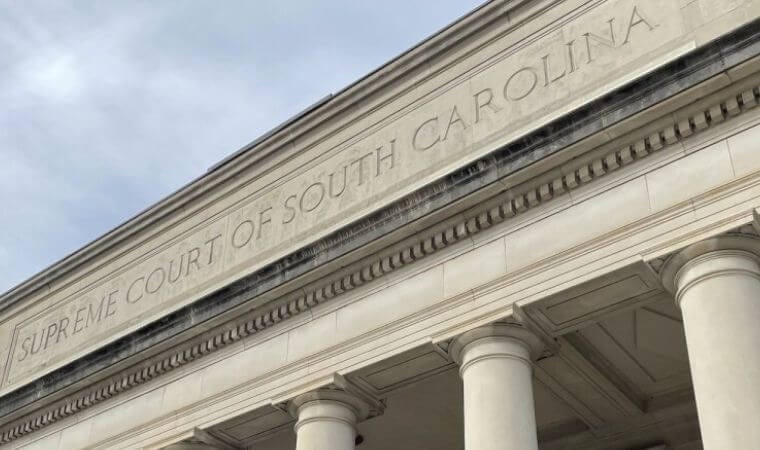South Carolina - 1, Canada - 0 in Supreme Court Asbestos Receivership Litigation Hearing
In the latest events of the South Carolina receivership litigation, the South Carolina Supreme Court heard arguments yesterday from Canadian companies Asbestos Corporation Limited (ACL) and Atlas Turner, Inc., as well as representatives of SC attorney Peter Protopapas, over whether SC receiverships have the authority to administer the mining companies’ …




